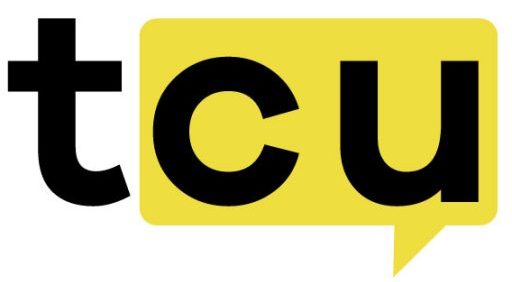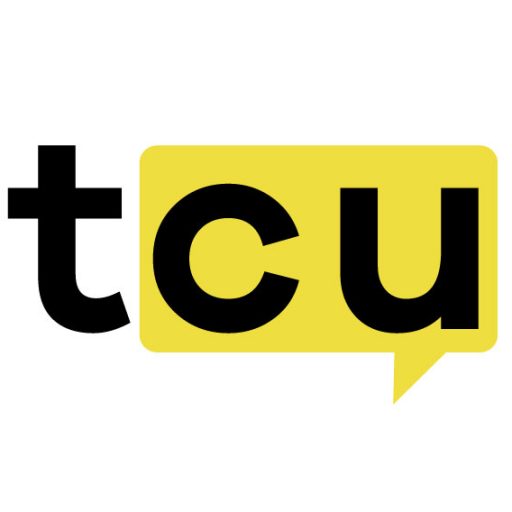What do digital coins and poker chips have in common? More than you think. At first glance, crypto gambling and online poker sites might seem like different categories. But lately, the lines between them are starting to blur.
Players who used to stick strictly to poker tables are now placing side bets on crypto gambling platforms. The overlap isn’t just about using Bitcoin, but a lot more!
So what’s driving this overlap? Is it just a phase, or is it reshaping how online gambling works at a foundational level? Let’s find out all.
Crypto Gambling Platform vs a Traditional Poker Site
Let’s start with the basics. Even though these platforms fall under the umbrella of online gambling, how they work is quite different.
Traditional poker sites are what most people think of when they picture online poker. Platforms usually operate under formal licenses with a strong focus on compliance from jurisdictions like Malta, the Isle of Man, or certain U.S. states.
These sites offer structured poker games with set rules like tournaments, cash games, and sit-and-gos.
On the other hand, crypto poker platforms run on blockchain networks. These online gambling platforms combine elements of classic poker mechanics with blockchain-based provably fair algorithms.
They run in a more decentralized or loosely regulated space or seek licenses in crypto-friendly territories. But they offer all poker-style games that you’ll find on traditional sites.
Sign-up Flows and UI on Crypto Poker Platforms
The differences between these two types of platforms aren’t just technical. They show up the moment you try to sign up and start playing.
On a traditional poker site, you’re usually asked to go through a full account setup: email, password, country, age verification, and KYC (Know Your Customer) process. That means uploading documents like a driver’s license, utility bills, and sometimes even a selfie holding your ID.
But registration is a lot simpler on crypto poker sites. No ID, no questions. In fact, these online platforms built their user base around this speed and frictionless experience.
Crypto poker sites also prioritize intuitive design. Think clean dashboards, one-click deposits, and mobile optimization. Lobby sections clearly display game types, stakes, and player counts. Navigation also often feels more intuitive than legacy poker sites.
Since these platforms are built with modern web technologies, they avoid the clunky interfaces.
The Role of Blockchain in Fair Play and Transparency
Speaking of trust, crypto gambling platforms host provably fair games. For players used to playing fair RNG-based games, it feels like a meaningful upgrade.
But what does that actually mean?
Before a poker hand starts, the platform generates a cryptographic hash (a unique code) that represents the game’s outcome. After the hand, you can decrypt that hash to confirm the result wasn’t altered. If the numbers don’t match, the system was rigged.
Simply put, provably fair systems allow you to verify that a game outcome wasn’t tampered with. This blockchain-based approach addresses one of poker’s oldest trust issues. You don’t need to believe the house is honest; now you can verify it mathematically.
Privacy Requirements and Funding Options
Traditional sites have to enforce KYC to comply with anti-money laundering laws. Crypto platforms? They walk a tightrope between privacy and compliance.
Funding your account on crypto-friendly platforms typically happens through direct wallet transfers rather than credit cards or bank transfers. Many platforms let you deposit Bitcoin or Ethereum and start playing immediately.
No ID, no questions. The anonymous nature of blockchain transactions adds another layer of privacy that many players appreciate.
Further, smart contracts handle payouts automatically for poker online real money crypto games. This eliminates the payment processing headaches of traditional poker sites.
Withdrawals via bank transfer can take 3–5 days on standard gambling sites. But if you win a tournament on crypto platforms, the prize hits your wallet instantly. So, no waiting for a human to approve it.
Remember, anonymity has limits. Crypto poker platforms operating in regulated markets like the EU still require KYC for large withdrawals.
Rewards: Crypto Gambling’s Loyalty Play
Traditional poker sites hook players with loyalty programs and VIP systems. You collect points based on rake paid, then redeem them for cash, tournament tickets, or merchandise. It’s a proven model.
But crypto platforms are experimenting with more innovative approaches. Instead of traditional loyalty points, you earn platform-specific tokens that might appreciate in value over time.
Some tokens provide governance rights, letting you vote on platform decisions like tournament schedules or rake structures. Other platforms like FunFair reward players with FunTokens that they can stake for dividends, use to enter exclusive tournaments, or trade on exchanges. It’s like getting paid just to play.
While standard poker sites might offer 20-40% rakeback to high-volume players, crypto platforms sometimes distribute native tokens worth 50-70% of rake paid. The catch is that token values fluctuate. So, your effective rakeback rate varies with market conditions.
FAQs
- Is crypto gambling legal?
It depends on your country. In many jurisdictions, crypto poker sites operate in a legal gray area due to the decentralized nature of crypto.
- Do I need to verify my identity to use a crypto gambling site?
Many crypto platforms are anonymous or require minimal to no KYC. However, the rules vary based on the specific site and its licensing body.
- How fast are withdrawals on crypto poker sites?
Withdrawals are often faster than traditional platforms on crypto-based poker sites. You’ll receive your payouts within a few minutes.
Final Thoughts
Undoubtedly, the poker world is shifting. What started as a handful of crypto-friendly poker rooms has grown into a full ecosystem today.
The reality is that crypto platforms often provide access where traditional options are limited. Provably fair systems and blockchain-based verification make these new-age gambling sites legit. But not all.
You’re largely responsible for your own safety. So, choose a reputable site, secure your wallet, and understand the risks.
![]()


